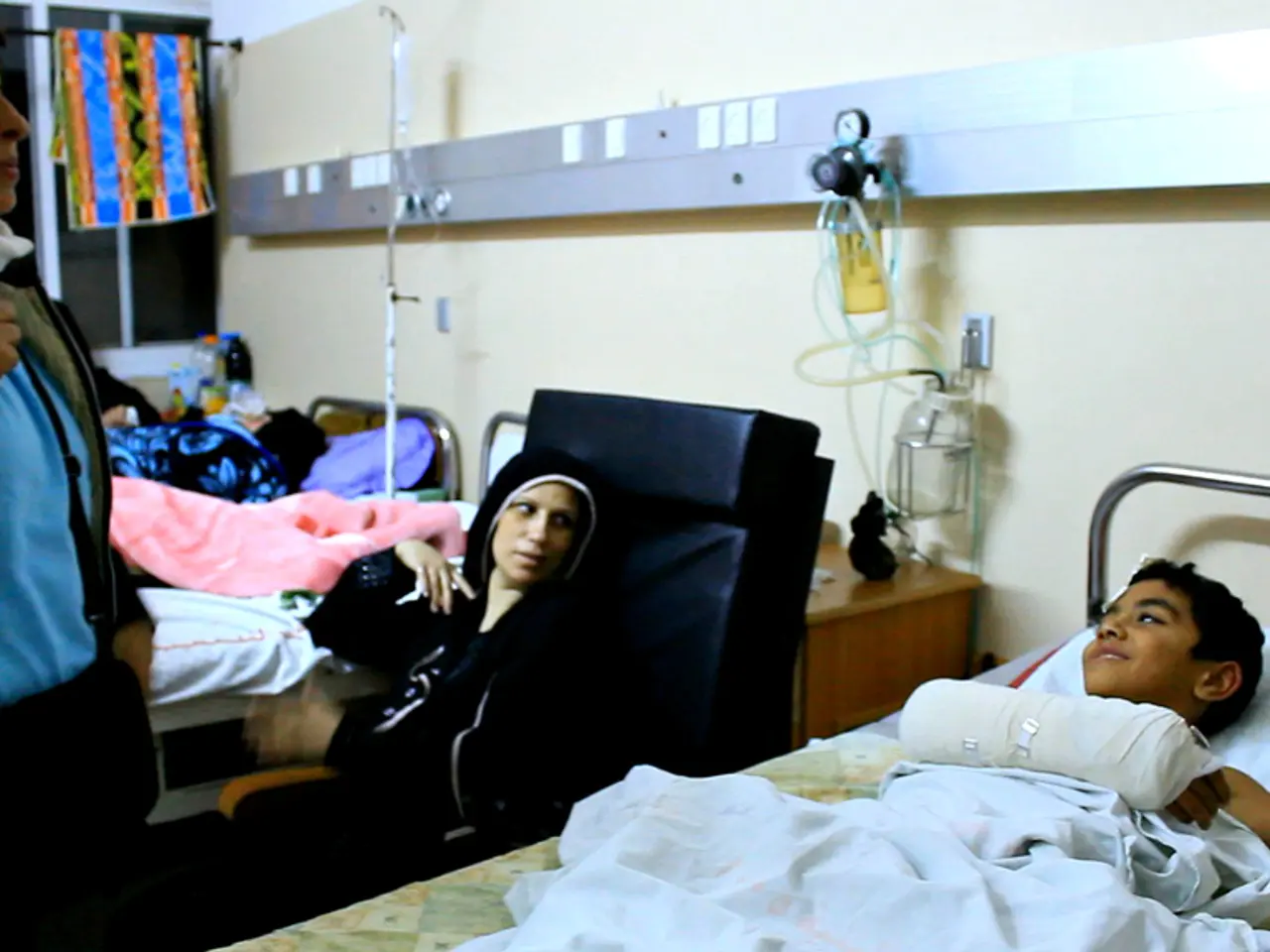Awareness during surgical procedures: Possibility and associated implications
In the realm of medical procedures, anesthesia plays a crucial role in ensuring patients undergo surgeries comfortably and without pain. However, there is a rare but concerning complication known as anesthesia awareness, where a patient may have varying levels of consciousness during surgery.
Anesthesia awareness can manifest in several ways. Some individuals may have vague memories or specific recollections of the surgery, while others may recall nothing at all. In some cases, people may experience pain, but in others, they may not. It's essential to note that the experience can differ significantly from one person to another.
To mitigate the risk of anesthesia awareness, it's crucial for the person undergoing the procedure to share their complete medical history with the medical team. This includes previous surgeries, medications, drug and alcohol use, allergies, and any previous medical diagnoses.
The surgical team closely monitors patients under anesthetic, but they may not always recognise signs of anesthesia awareness. To ensure safety, they conduct thorough pre-procedure checks, calibrate anesthetic and monitoring machines, double-check all medication dosages, properly label all medications, ensure proper placement of all monitoring devices, and stay vigilant of and document all monitor signs throughout the procedure.
Changes to these monitors can alert the medical team to potential anesthesia awareness. An electroencephalogram (EEG), which measures brain activity, can also show any shifts that may indicate anesthesia awareness.
The possibility of experiencing anesthesia awareness during surgery varies widely, with estimates ranging from 1 in 600 to 1 in 17,000 people. In Germany, the frequency is estimated to be about 0.1 to 0.2% (1 to 2 per 1000 cases). The German anesthesiology societies recommend prevention by proper anesthetic depth monitoring, individualized dosing, and patient risk assessment to reduce this rare but serious complication.
Certain procedures, such as emergency surgeries and cesarean sections, have a relatively higher risk of causing anesthesia awareness due to lower anesthesia doses. People with a history of chronic substance misuse, including alcohol, opioids, or benzodiazepines, are also at a higher risk.
Before a person has surgery, they should have meetings with both the surgeon and anesthesiologist to review their overall health and medical conditions. If anesthesia awareness does occur, psychological support may be necessary to help the patient cope with the emotional trauma.
It's important to note that anesthesia awareness can be caused by medication dosing and administration errors, complications with the intravenous (IV) site, or ineffective administration of anesthetic medication.
The most common occurrence of anesthesia awareness, based on studies, is around 1 in 19,000. While it's a rare occurrence, understanding the risks and the importance of open communication with the medical team can help alleviate concerns and ensure a smoother surgical experience.








